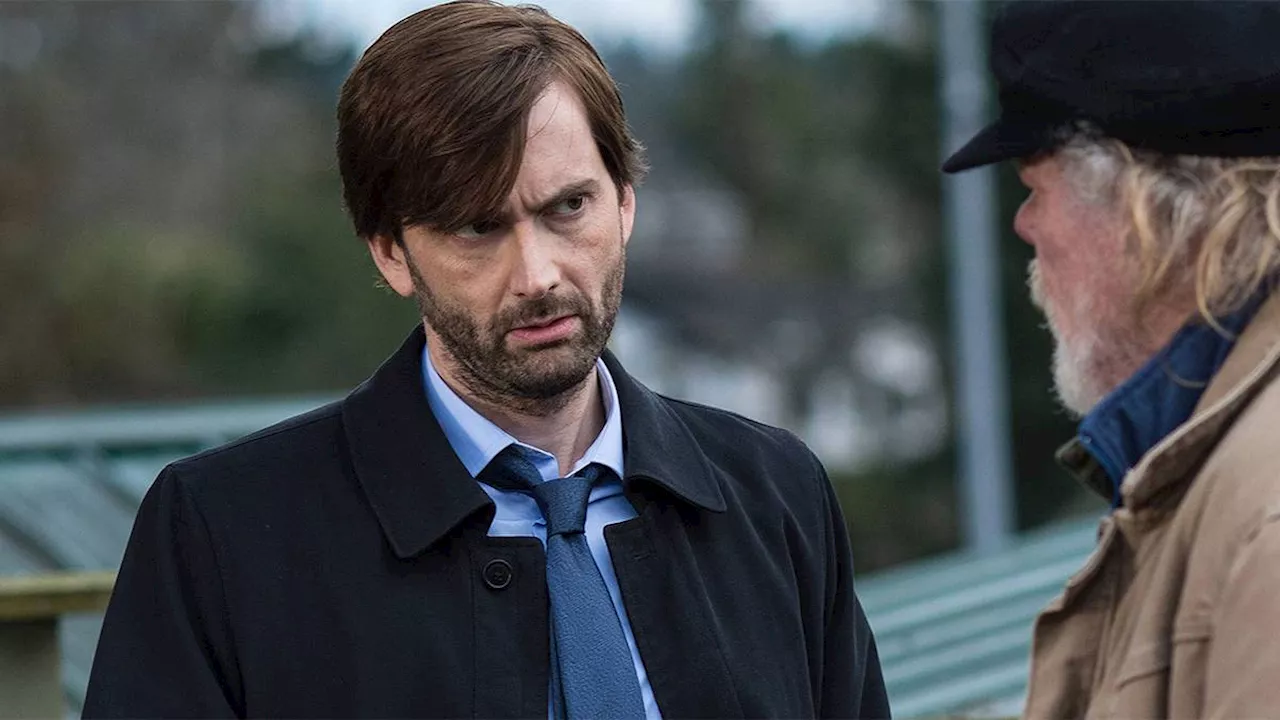Entertainment
Netflix’s ‘The Perfect Neighbor’ Redefines True Crime Storytelling

Netflix has introduced a transformative approach to true crime storytelling with its latest documentary, The Perfect Neighbor. Scheduled for release on October 10, 2025, the film departs from the sensationalism that has characterized many of the platform’s previous true crime offerings. Instead, it aims to provide a nuanced perspective on a tragic incident that unfolded in Ocala, Florida.
This documentary, which gained attention after its premiere at the Sundance Film Festival and South by Southwest, focuses on the escalating conflict between a white woman, Susan Lorincz, and her predominantly Black neighbors. Over the course of a year, Lorincz lodged numerous complaints about children playing near her home on an empty lot, a situation that ultimately culminated in tragedy when she fatally shot one of her neighbors, Ajike Owens. Owens was a Black woman and mother to several children involved in the neighborhood disputes.
Rather than framing Lorincz as a caricature or “Karen,” director Geeta Gandbhir adopts a restrained, observational style. The film utilizes pre-existing footage from surveillance cameras, police body cams, and interrogations to chronicle the interactions between Lorincz and law enforcement, as well as the community’s response to the shooting. By doing so, Gandbhir allows the events to unfold naturally, providing viewers with a raw portrayal of the situation without intrusive commentary or dramatization.
In contrast to earlier Netflix documentaries like Tiger King and Making a Murderer, which often relied on shocking twists and sensational editing, The Perfect Neighbor focuses on the human impact of the tragedy. The film captures the emotional aftermath of Owens’s death, allowing the community’s grief to resonate without the influence of scripted narratives or psychoanalysis of Lorincz. This choice enhances the film’s authenticity, creating a profound sense of empathy for those affected by the events.
A Focus on Community and Systemic Issues
The documentary’s strength lies in its exploration of deeper societal issues, particularly the implications of Florida’s Stand Your Ground laws, which Lorincz invoked in her defense. Rather than overtly critiquing the legislation, the film allows discussions about it to emerge organically through police questioning and courtroom footage. This subtle approach encourages viewers to reflect on the broader implications of such laws without the film becoming overtly polemical.
The narrative structure of The Perfect Neighbor diverges from typical true crime formats that often conclude with a trial. Instead, the film concludes with a poignant memorial service for Owens, placing the emphasis on the victims rather than the perpetrator. By doing so, it calls attention to the human cost of violence and prejudice, challenging the audience to engage with the material on a deeper level.
As the documentary unfolds, it captures the essence of community dynamics, illustrating how minor conflicts can escalate into irreversible tragedies. This snapshot of life in Ocala serves as a reminder of the societal tensions that can lie just beneath the surface. Gandbhir’s fly-on-the-wall perspective invites viewers into the lives of those affected, painting a picture that is both intimate and unsettling.
A New Direction for Netflix
The release of The Perfect Neighbor signifies a potential shift in Netflix’s approach to true crime storytelling. Historically, the platform has favored content designed to captivate audiences through shock value and sensationalism. Films such as Don’t F**k With Cats and The Tinder Swindler have often prioritized entertainment over ethical considerations.
This latest documentary, however, suggests a more responsible direction for the streaming giant. With its limited theatrical release and subdued marketing strategy, Netflix appears to prioritize the integrity of the film over its potential for virality. The positive reception from both audiences and critics indicates a readiness for more thoughtful and meaningful content within the genre.
Ultimately, The Perfect Neighbor exemplifies the potential for true crime to not only entertain but also educate and provoke important discussions. By shedding light on systemic racism and the tragic consequences of misguided laws, the film elevates the genre beyond mere entertainment. It stands as a testament to the power of documentary filmmaking to foster empathy and understanding in an increasingly polarized world.
-

 Science2 weeks ago
Science2 weeks agoIROS 2025 to Showcase Cutting-Edge Robotics Innovations in China
-

 Politics2 weeks ago
Politics2 weeks agoJudge Considers Dismissal of Chelsea Housing Case Citing AI Flaws
-

 World2 weeks ago
World2 weeks agoBravo Company Veterans Honored with Bronze Medals After 56 Years
-

 Lifestyle2 weeks ago
Lifestyle2 weeks agoStone Island’s Logo Worn by Extremists Sparks Brand Dilemma
-

 Top Stories2 weeks ago
Top Stories2 weeks agoIndonesia Suspends 27,000 Bank Accounts in Online Gambling Crackdown
-

 Health2 weeks ago
Health2 weeks agoStartup Liberate Bio Secures $31 Million for Next-Gen Therapies
-

 Sports2 weeks ago
Sports2 weeks agoMel Kiper Jr. Reveals Top 25 Prospects for 2026 NFL Draft
-

 Health2 weeks ago
Health2 weeks agoTop Hyaluronic Acid Serums for Radiant Skin in 2025
-

 World2 weeks ago
World2 weeks agoHoneywell Predicts Record Demand for Business Jets Over Next Decade
-

 Sports2 weeks ago
Sports2 weeks agoYamamoto’s Mastery Leads Dodgers to 5-1 Victory in NLCS Game 2
-

 Politics2 weeks ago
Politics2 weeks agoNew Jersey Voters Urged to Register Ahead of November Election
-

 Lifestyle2 weeks ago
Lifestyle2 weeks agoMary Morgan Jackson Crowned Little Miss National Peanut Festival 2025









